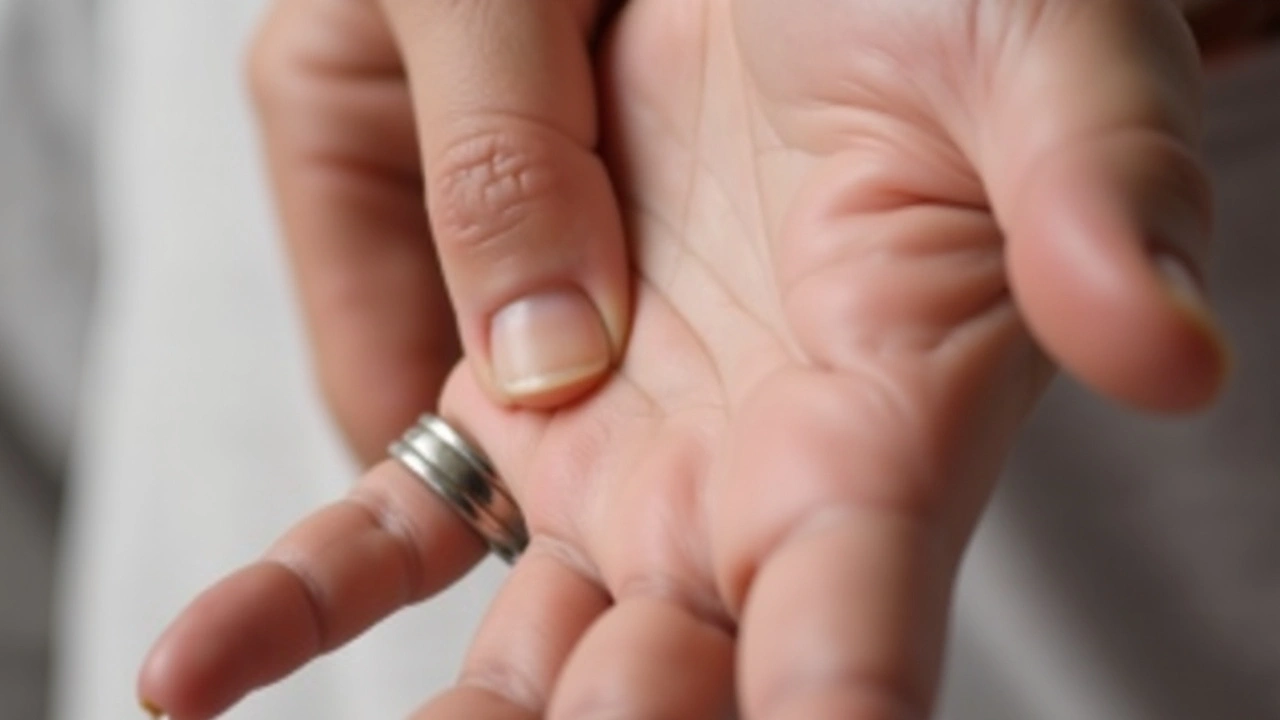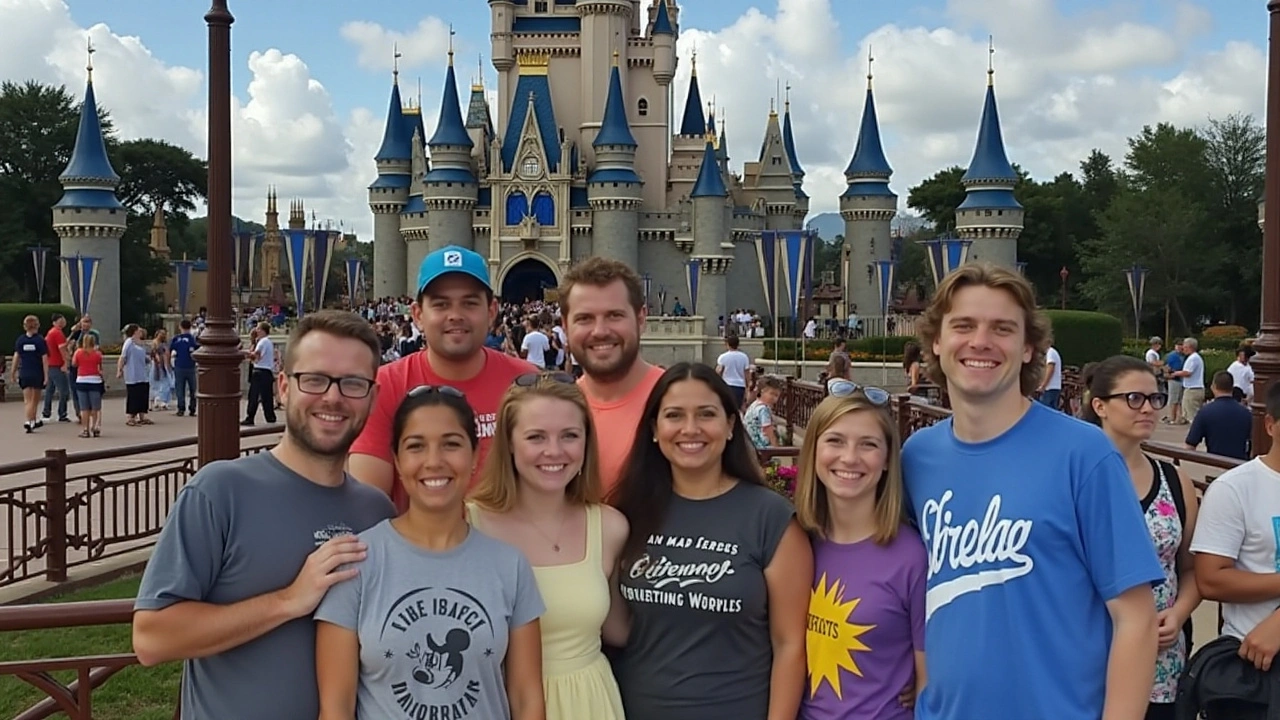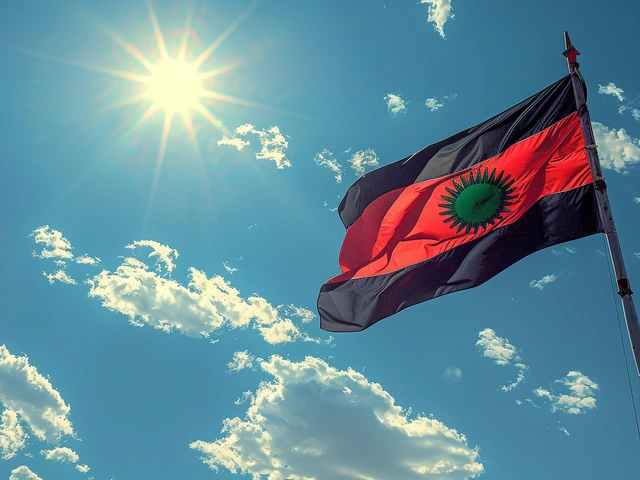
Celebrating Left-Handers Day: A Glimpse into the Lives of Left-Handed Individuals
Every year on August 13, Left-Handers Day is observed, celebrating the uniqueness and achievements of left-handed people around the world. This day serves to increase public awareness about the pros and cons of being left-handed and to appreciate the unique contributions that left-handed individuals make to society. Approximately 10% of the world’s population is left-handed, a statistic that encompasses a myriad of people from all walks of life, including some of the most influential leaders, artists, scientists, and athletes.
Left-Handed Presidents of the United States
The history of the United States has seen a notable representation of left-handed individuals at the helm. With roughly one in ten people being left-handed, it is fascinating to note that eight U.S. Presidents were among them. Left-handed presidents include James Garfield, Herbert Hoover, Harry Truman, Gerald Ford, Ronald Reagan, George H.W. Bush, Bill Clinton, and Barack Obama. This underscores the idea that left-handedness does not hinder, but rather, might even contribute to leadership and intellectual capabilities. These leaders have shaped the course of American history through their distinct policies, leadership styles, and comprehensive approaches to governance.
Fun Facts About Left-Handedness
Left-handed individuals have often been surrounded by myths and interesting trivia. Left-handedness in itself has a variety of nicknames such as 'Sinister,' 'Mollydooker,' 'Southpaw,' 'Goofy footed,' and 'Cuddy wifter.' These names reflect a mix of cultural perceptions and humor that has been associated with being left-handed through centuries. Intriguingly, there exists a town named Left Hand in West Virginia, named after the nearby Lefthand Run Creek, emphasizing geographical acknowledgments of left-handedness.
| Name | Nickname |
|---|---|
| Left-handed | Sinister |
| Left-handed | Mollydooker |
| Left-handed | Southpaw |
| Left-handed | Goofy footed |
| Left-handed | Cuddy wifter |
Left-Handedness in Space Exploration
The marvels of left-handedness extend beyond Earth as well. Research indicates that 1 in 4 Apollo astronauts were left-handed, a statistic 250% higher than what would be expected based on population averages. This remarkable occurrence suggests that left-handed individuals possess qualities that are advantageous in the rigorous and challenging field of space exploration. These individuals have ventured beyond our planet, contributing significantly to space science and the collective understanding of the universe.
Intellectual Creativity and Adaptation
Studies have consistently shown that left-handers may have higher levels of intellectual creativity and are more adept at adjusting to unusual conditions, such as seeing underwater. This adaptability and creative prowess have given the world numerous innovators and thinkers who bring a fresh perspective to various fields, ranging from science and technology to art and literature. Left-handed people tend to exhibit strong problem-solving skills, enabling them to arrive at novel solutions to complex problems.
The Driving Edge of Left-Handed Individuals
Remarkably, research suggests that left-handers are better drivers. They reportedly have fewer accidents and a higher success rate in passing their driving tests on the first attempt compared to their right-handed counterparts. This finding highlights an intriguing aspect of left-handedness, pointing to a potential advantage in coordination and spatial awareness that benefits them on the road.
Challenges and Life Expectancy
However, being left-handed is not without its challenges. Studies have pointed out that left-handers tend to have shorter life spans, living on average nine years less than right-handers. The reasons behind this disparity are not entirely clear, but it is an aspect that makes the celebration of Left-Handers Day even more significant, as it acknowledges both the strengths and the struggles faced by left-handed individuals.

Global Distribution of Left-Handedness
The prevalence of left-handedness varies across different regions. The highest rates of left-handedness are found in North America, Australia, New Zealand, and western Europe, while the lowest rates are observed in Asia, Africa, and South America. This geographical variation prompts a deeper look into cultural, genetic, and environmental factors that might influence handedness. Understanding these factors can provide insights into how left-handed individuals navigate through societies that are predominantly designed for right-handers.
Fear and Fragmented Memories
Research has also indicated that left-handers are more affected by fear and tend to give more fragmented accounts when recalling traumatic events. This finding sheds light on the psychological differences that exist between left and right-handed individuals, influencing how they perceive and react to emotional stimuli. It underscores the importance of offering support and understanding to left-handers, acknowledging their unique experiences.
As Left-Handers Day is celebrated globally, it serves as a moment to appreciate the distinctive skills and attributes that left-handed people bring to various fields. From leading nations to venturing into space, driving excellently, and showcasing intellectual creativity, left-handers have made significant strides. This day is more than just a celebration; it is a reminder of the diverse tapestry of humanity and how each unique thread contributes to the rich and vibrant fabric of our world.
So, this August 13, let us recognize and celebrate the left-handed individuals in our lives, appreciating their remarkable contributions and supporting them in overcoming the challenges they face. Left-Handers Day is a tribute to their resilience, adaptability, and creativity, reminding us all of the value of diverse perspectives and talents.





